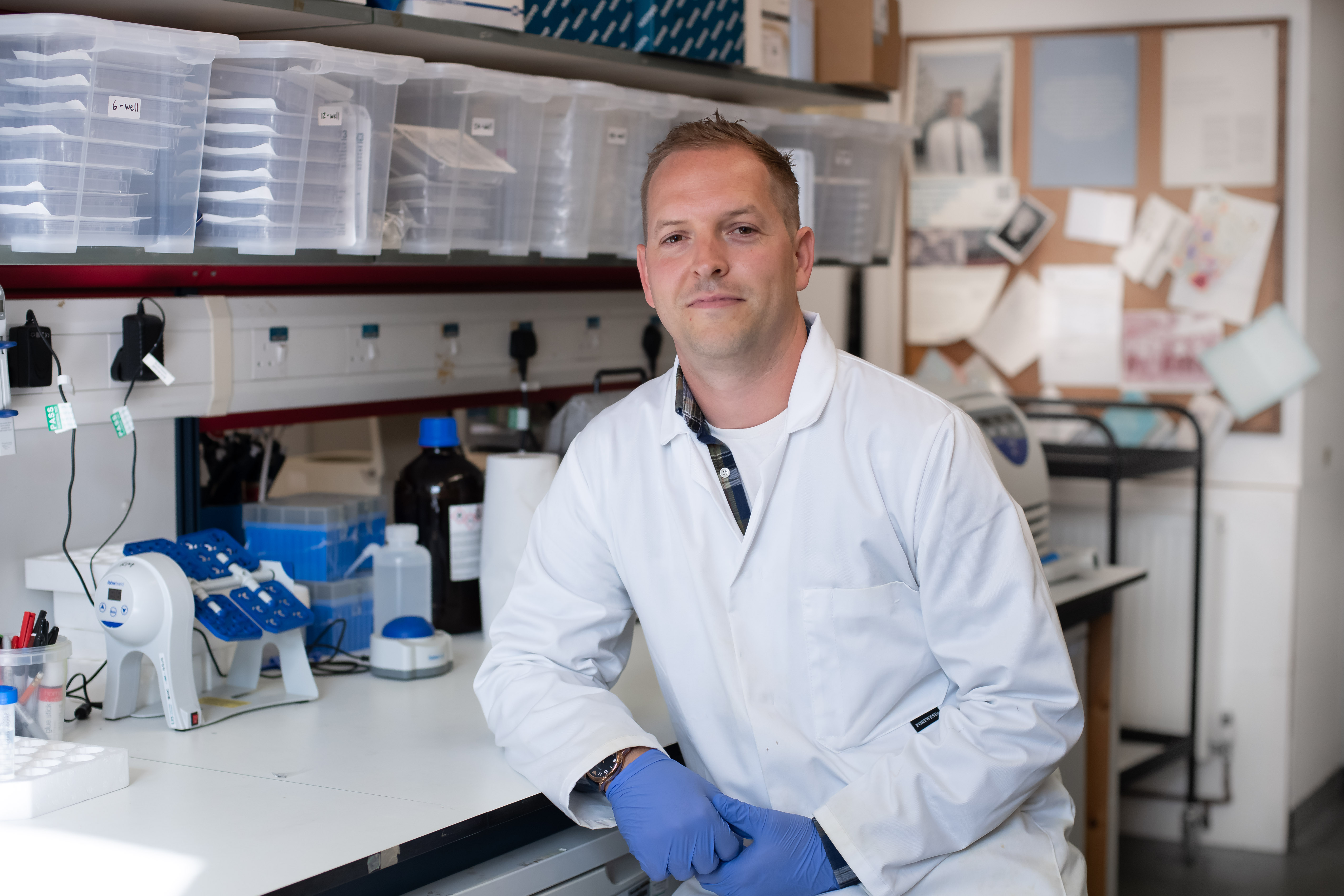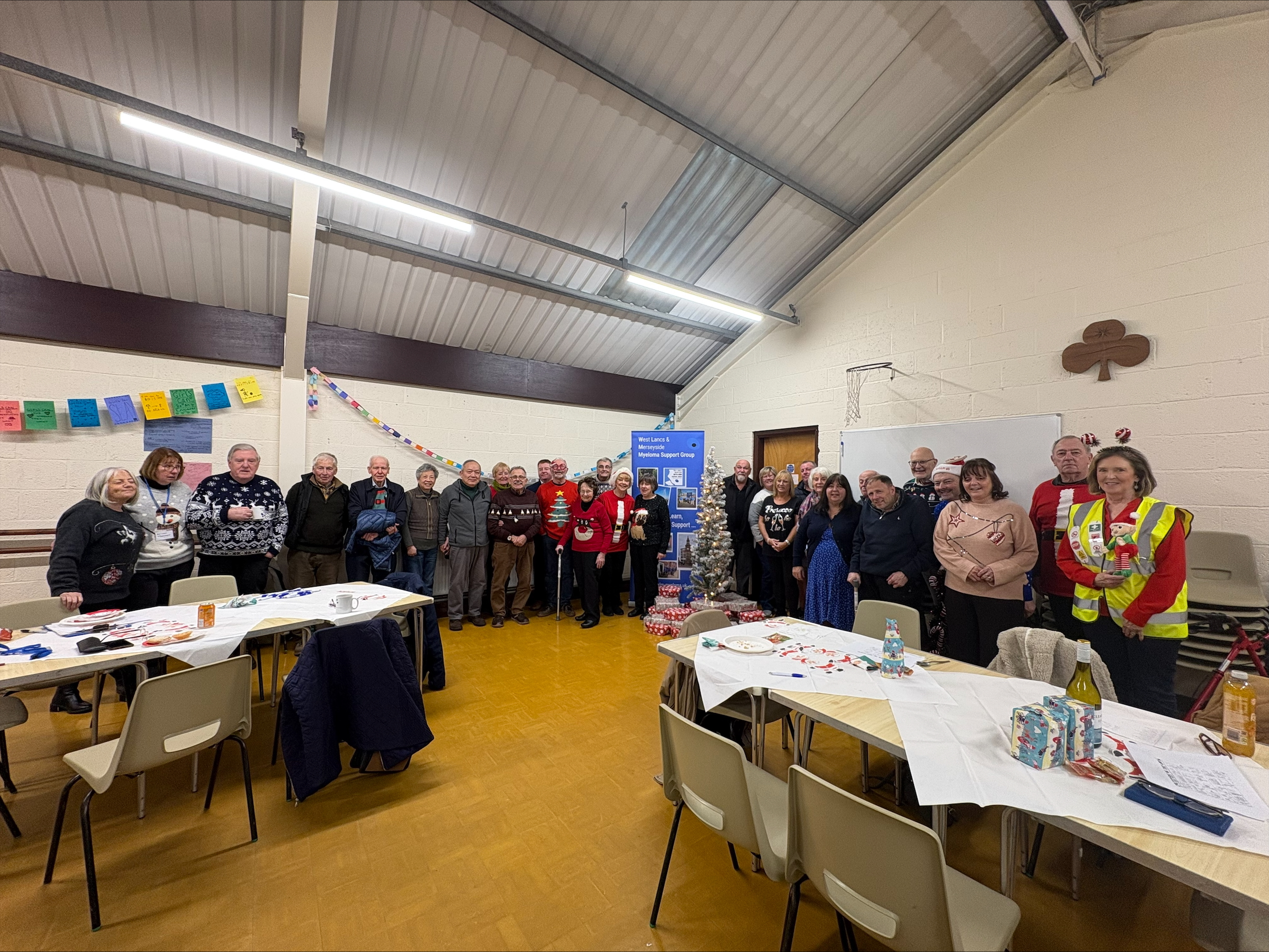
Spotting the signs of a potential blood cancer early is the best way to get timely treatment and improve the chances of making a full recovery.
World Blood Cancer Day falls on 28th May and provides an opportunity to highlight the 5th most common type of cancer in the UK and what might indicate the need to seek medical help to check out symptoms.
There are over 100 types of cancers of the blood, many of which are extremely rare. The three most common types are Leukaemia, Myeloma and Lymphoma.
Symptoms vary, depending on the type of blood cancer, but those most commonly seen include fatigue, fevers and sweats, easy bleeding or bruising, bone pain, repeated infections, weight loss, swollen glands in the neck, armpit or groin and itchy skin.
Often these symptoms will turn out to be nothing to worry about. But if blood cancer is diagnosed, usually with a combination of blood tests and biopsies of the bone marrow and lymph glands, then treatment can start straight away, with an increased chance of success.
Treatments are improving all the time and vary depending on the type of blood cancer diagnosed, but chemotherapy, immunotherapy, radiation therapy, targeted molecular therapies and stem cell transplants are all commonly used.
More than 240,000 people in the UK are living with blood cancer with over 40,000 new cases diagnosed each year.
Research into blood cancers is responsible for many breakthroughs in the diagnosis and treatment of the condition, which is why we invest in new research projects each year.
Our grants help to fund projects that will advance the knowledge and understanding of blood cancer and more effective treatments, through the use of stem cells.
Dr Rhys Morgan, who successfully applied for grant funding in 2021, said that without the support from LMRUK he would not have been able to pursue what has turned out to be promising avenues of research.
“These funds allowed us to perform an expensive but highly informative technique called RNA sequencing,” said Dr Morgan, a leukaemia researcher and lecturer in Biomedical Science.
Another successful applicant for our research grant, back in 2018, was Dr Paul Hole, a Post-Doctoral Research Scientist at Cardiff University. Dr Hole used the funds to investigate the effects of ‘deleting’ harmful genes from blood cancer cells.
He said at the time: “LMRUK was the first organisation to see the potential in this work and, after a detailed application process, I was thrilled to find out my application had been successful.”
To find out more about our Research Grants and the work we invest in, click here.









